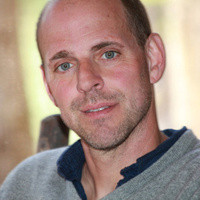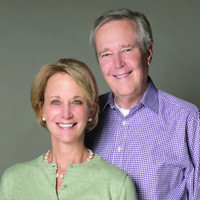To Be, or Not to Be
“Choice is a great burden. The call to invent one’s life, and to do it continuously, can sound unendurable. Totalitarian regimes aim to stamp out the possibility of choice, but what aspiring autocrats do is promise to relieve one of the need to choose. This is the promise of “Make America Great Again”—it conjures the allure of an imaginary past in which one was free not to choose.”
















